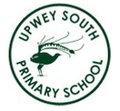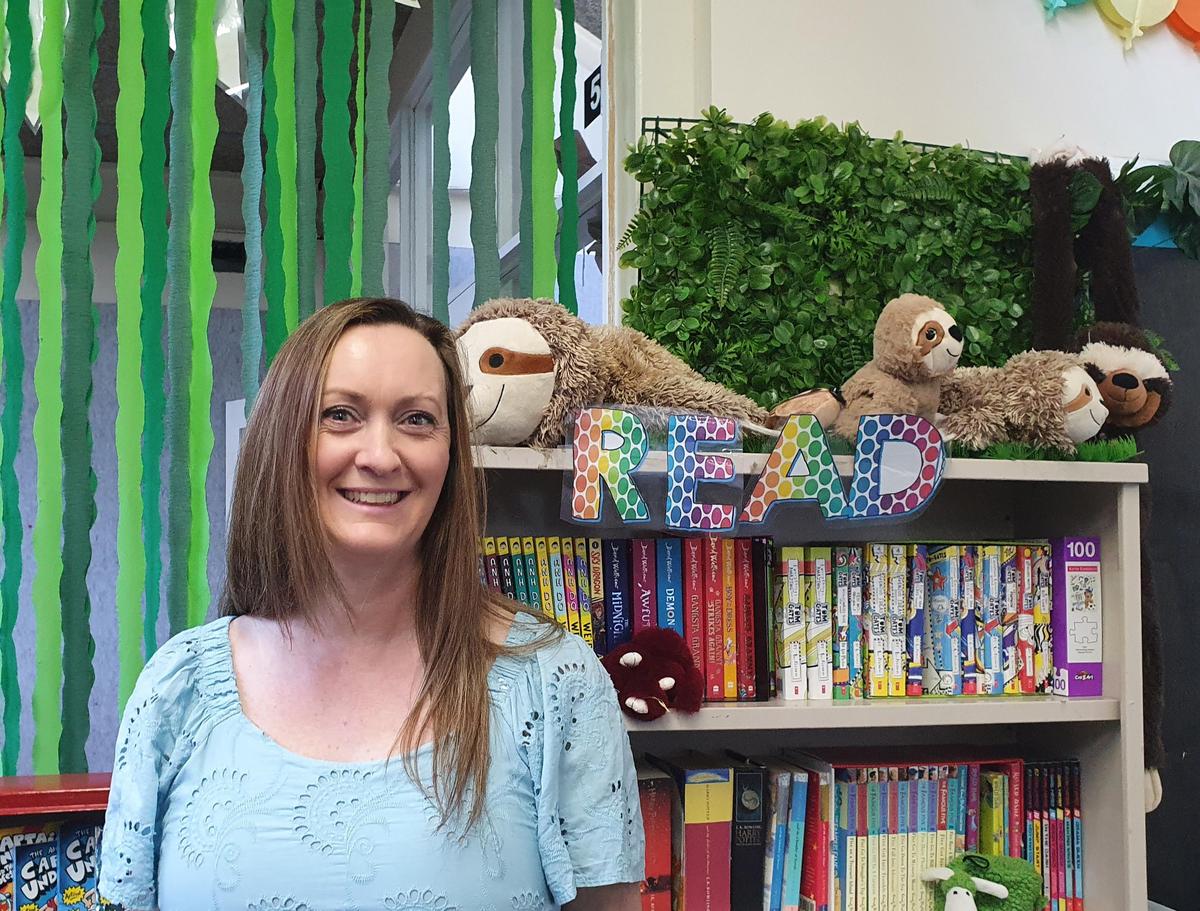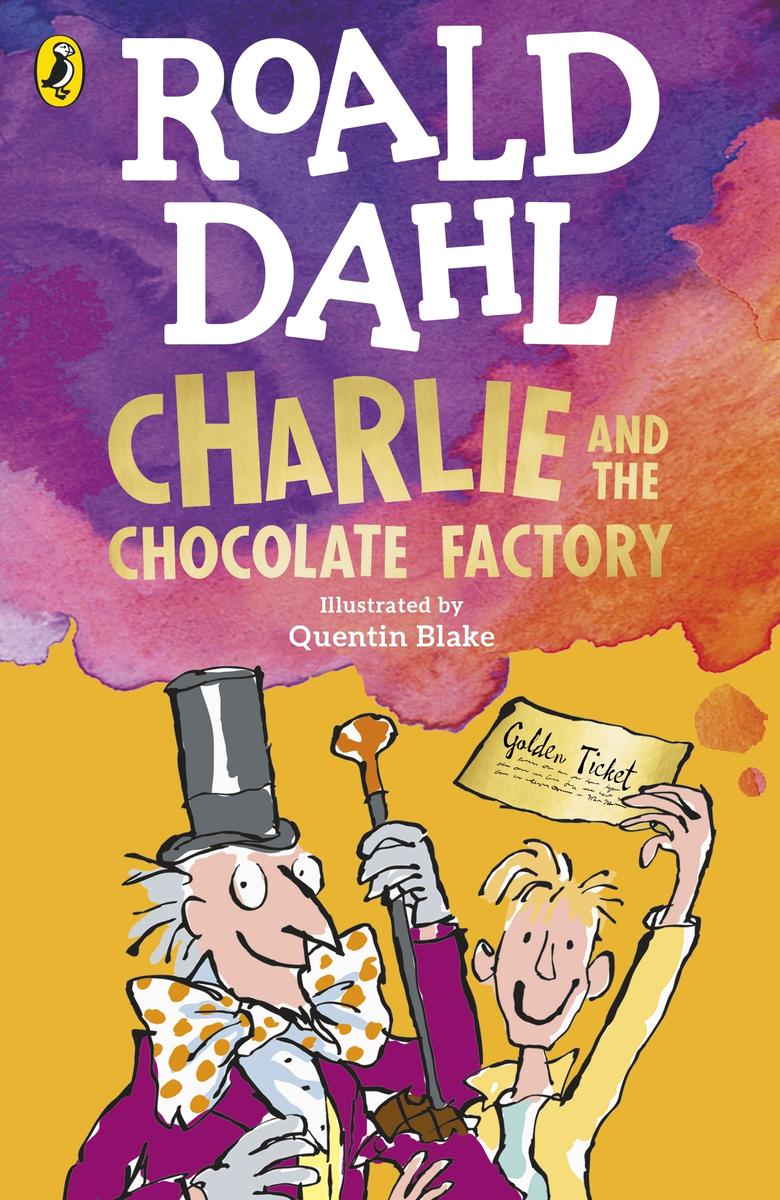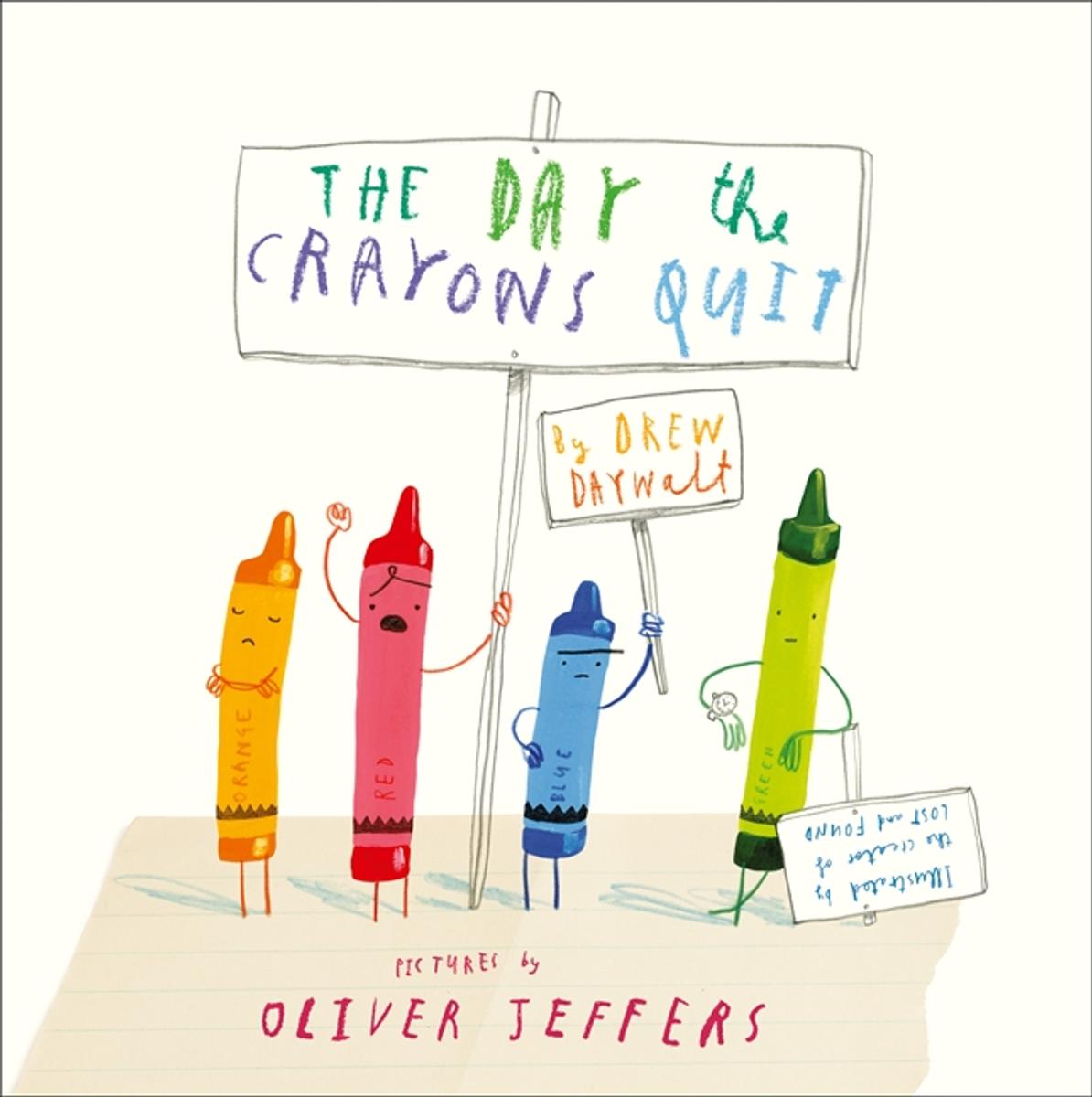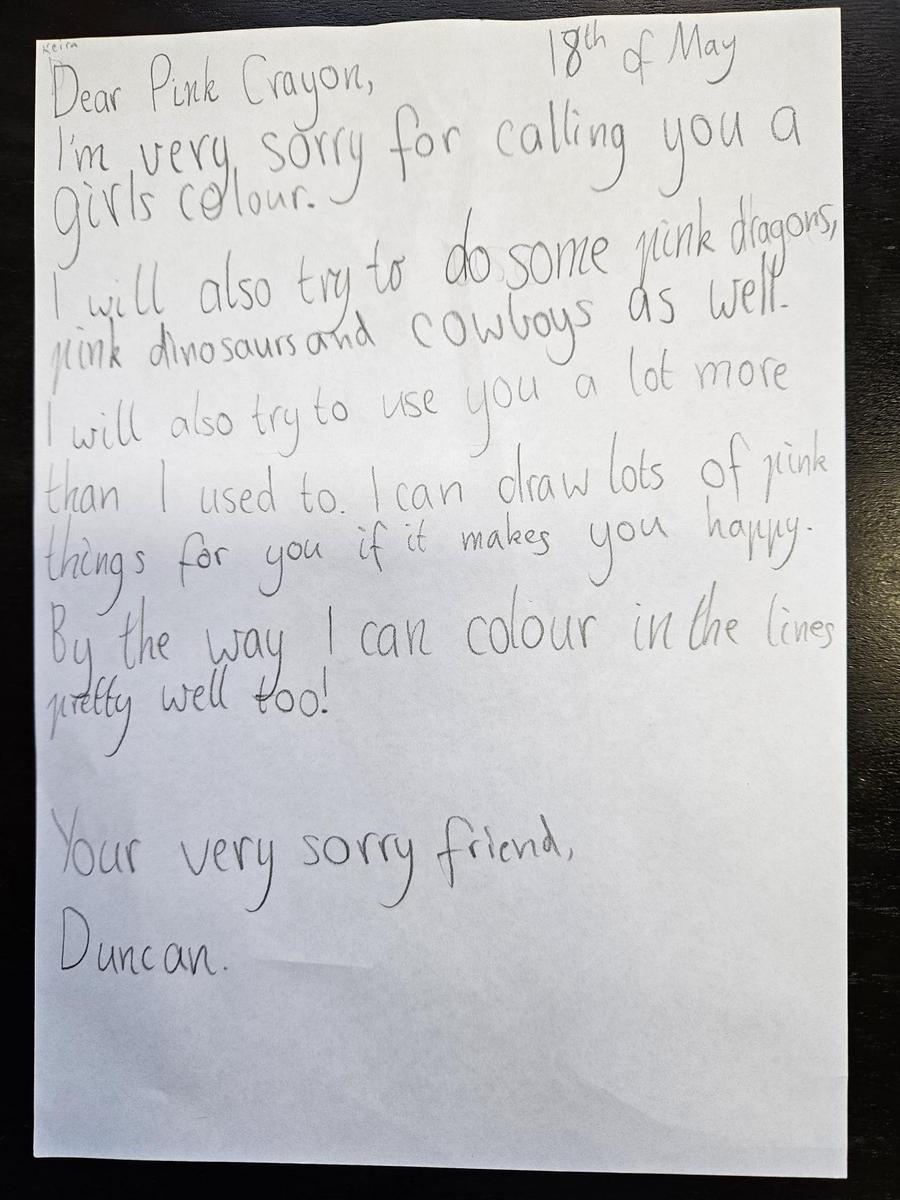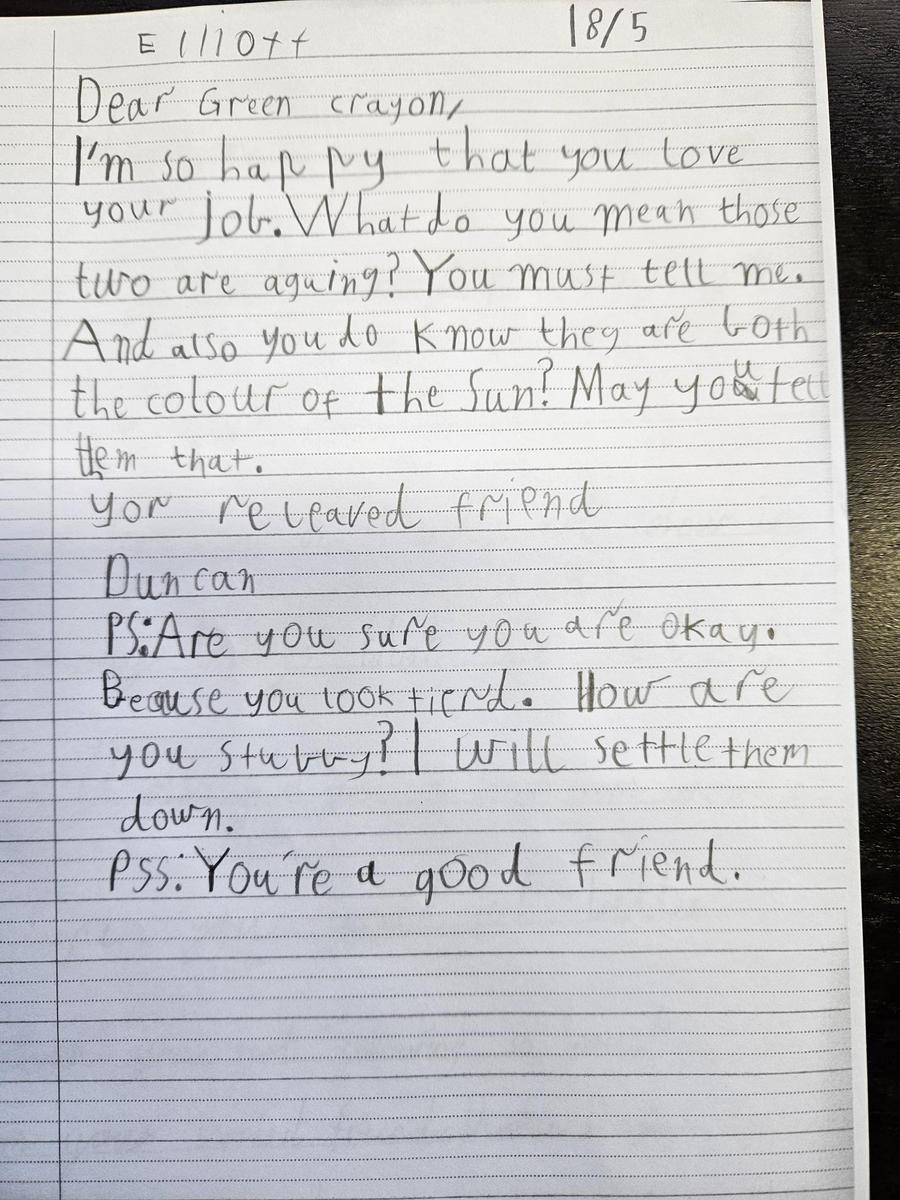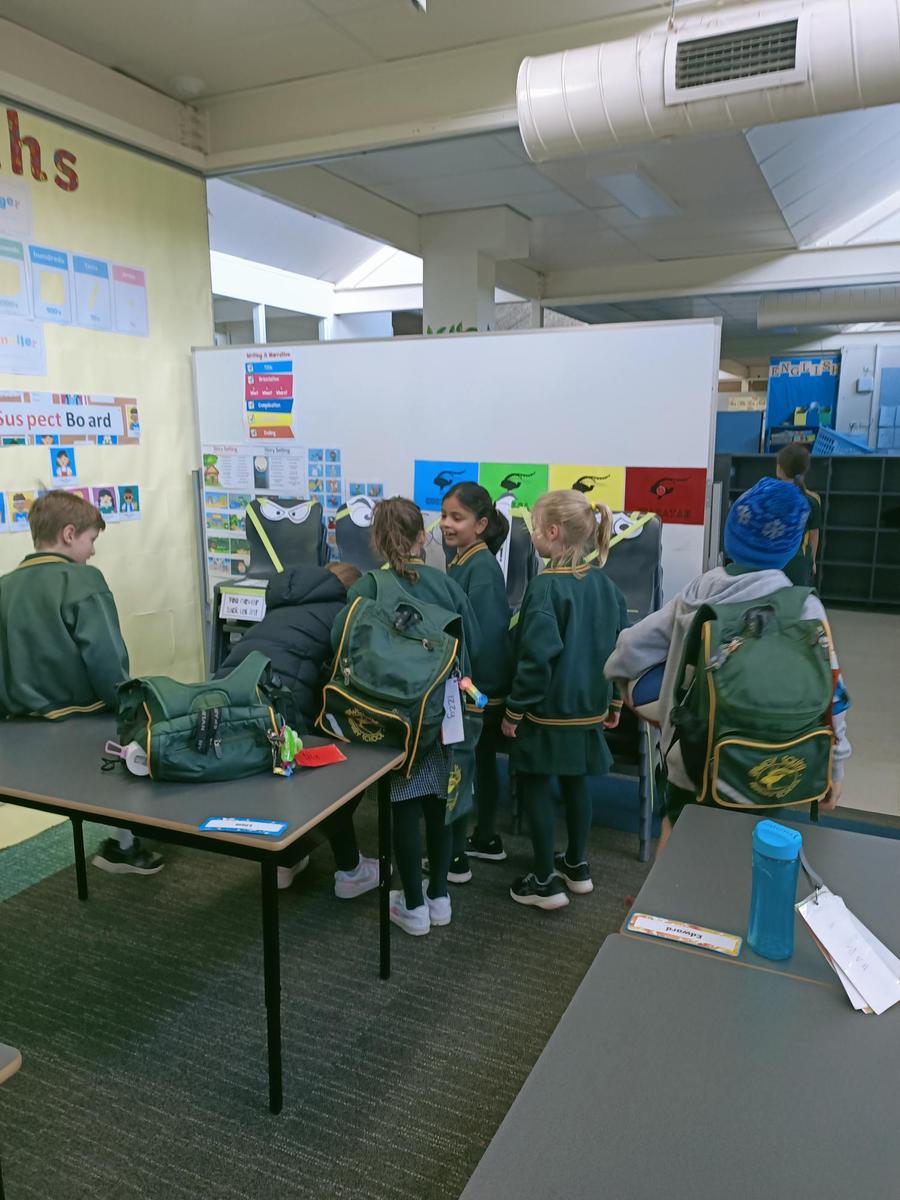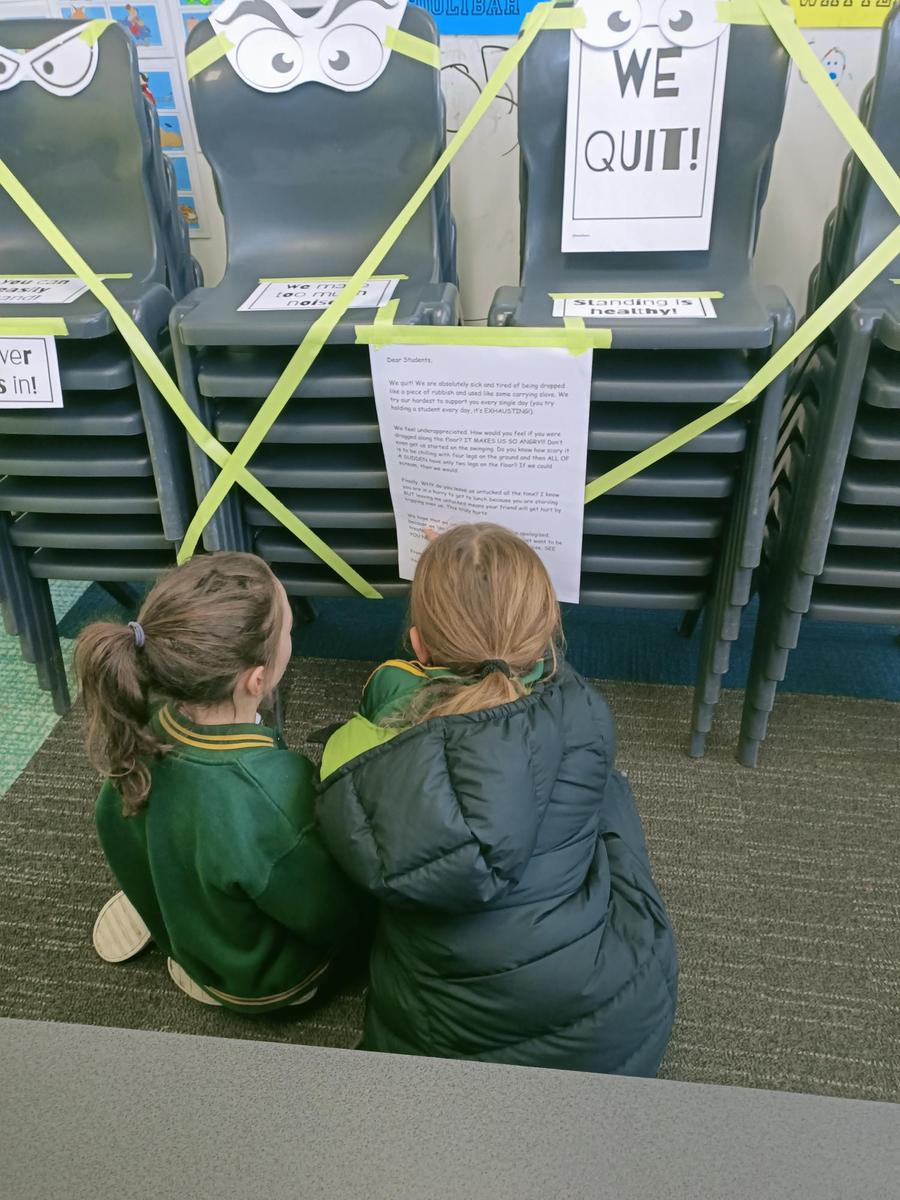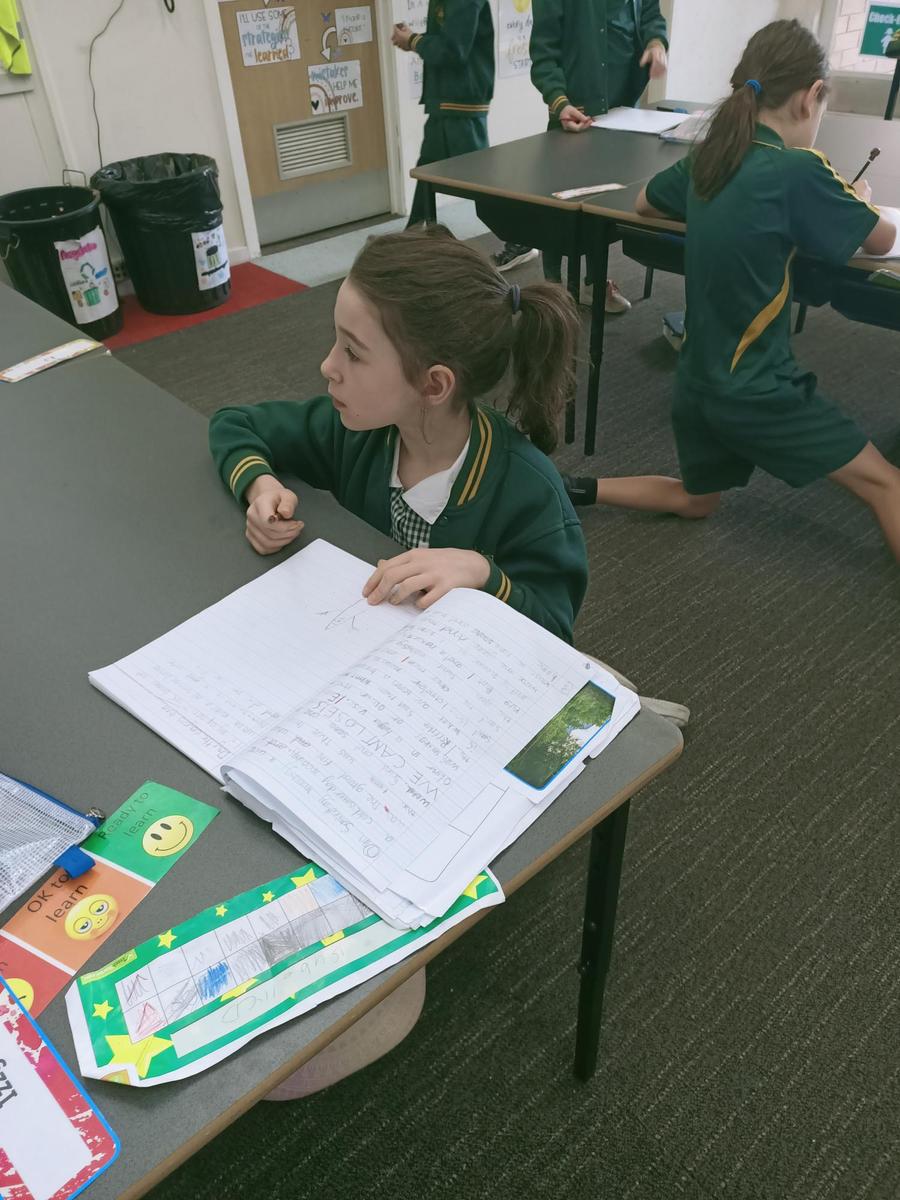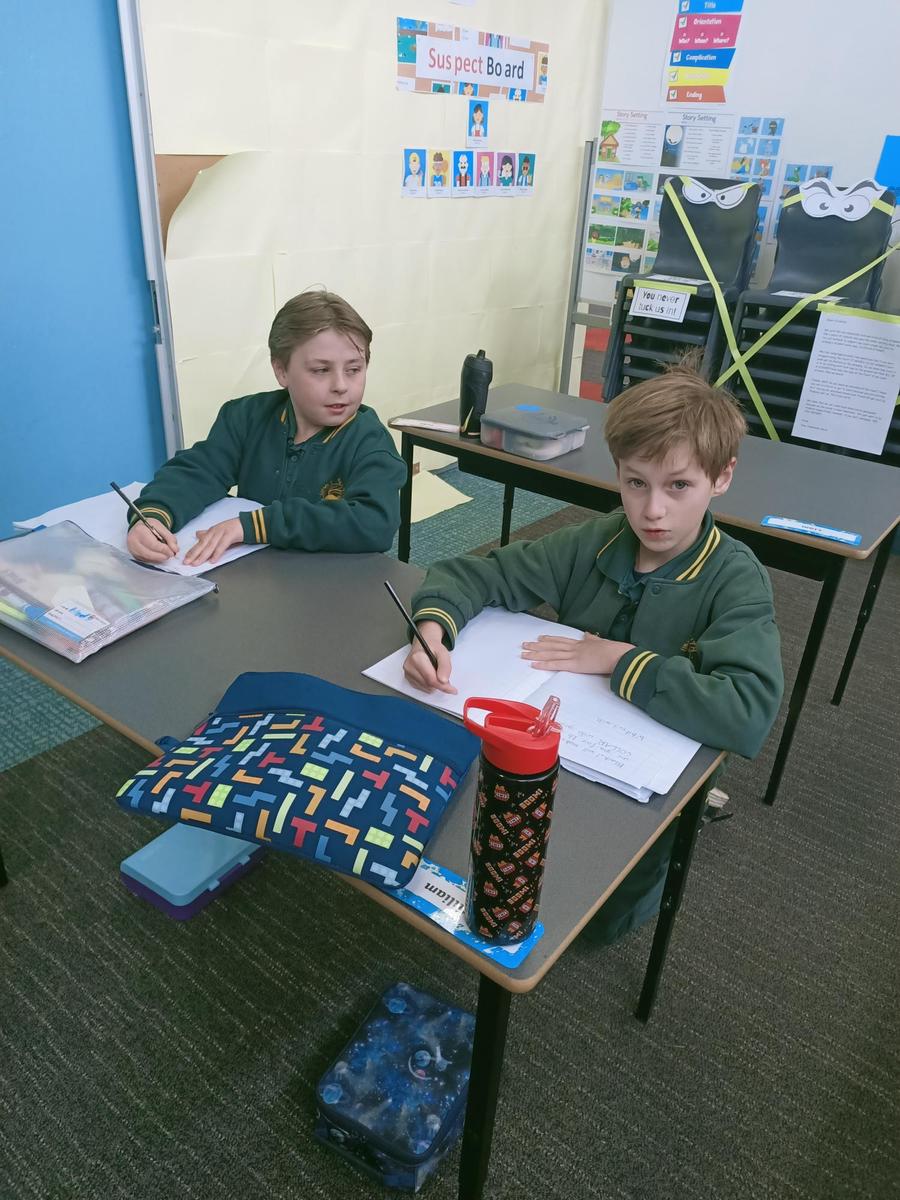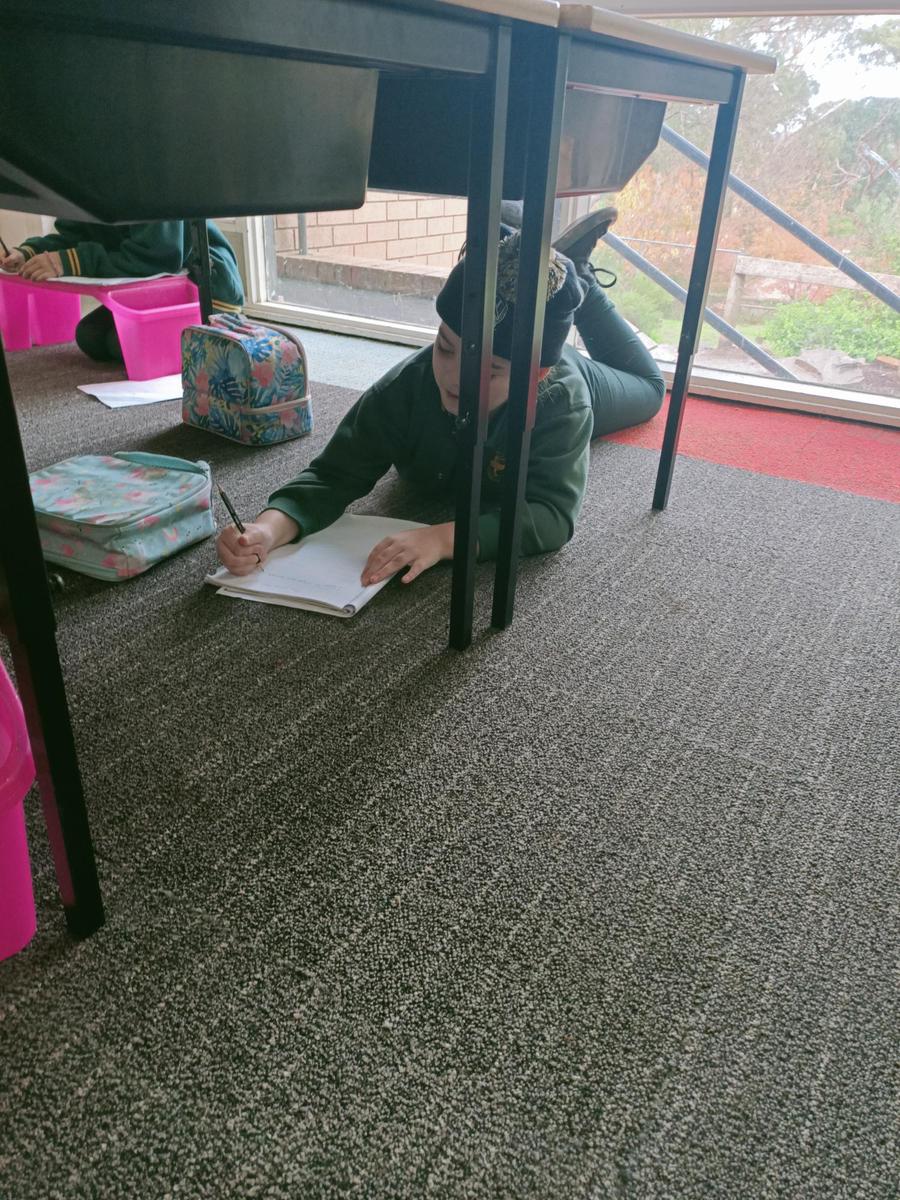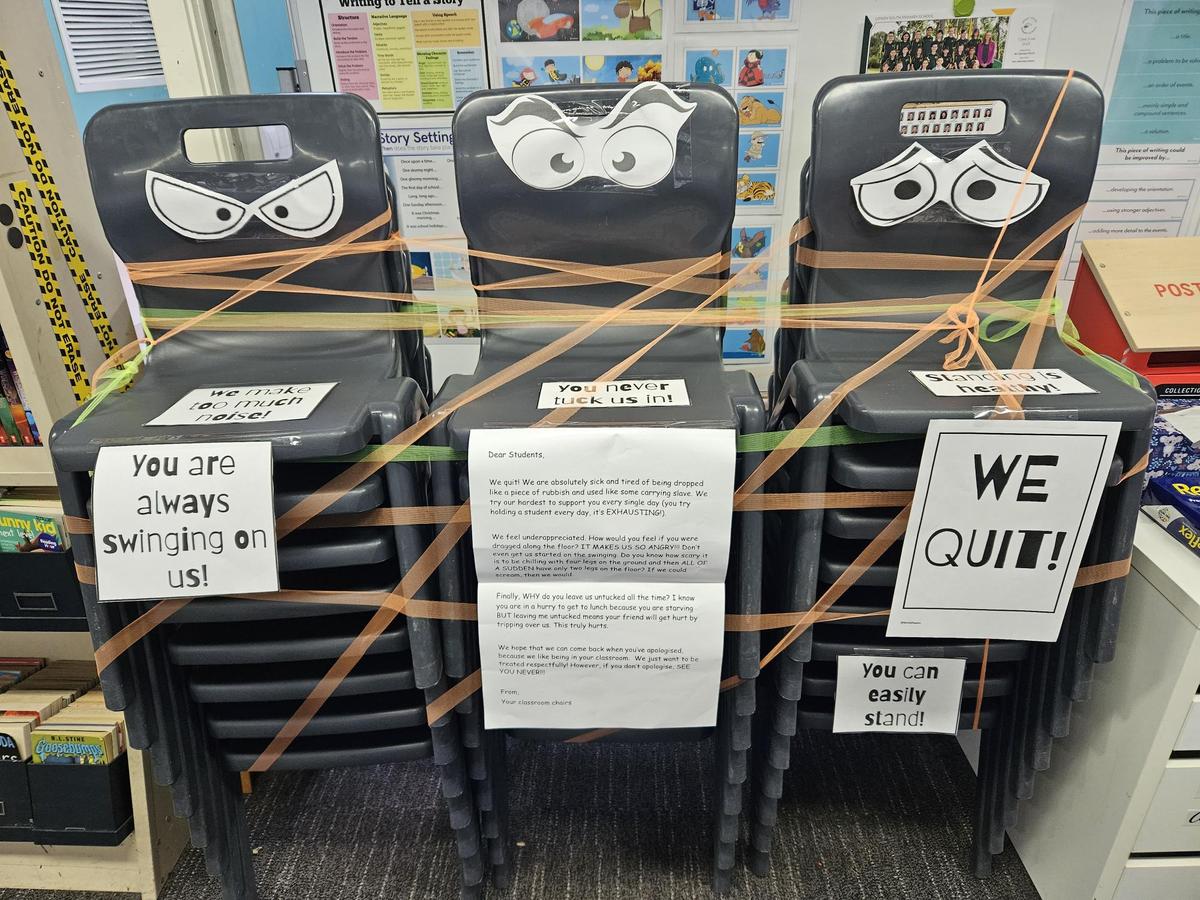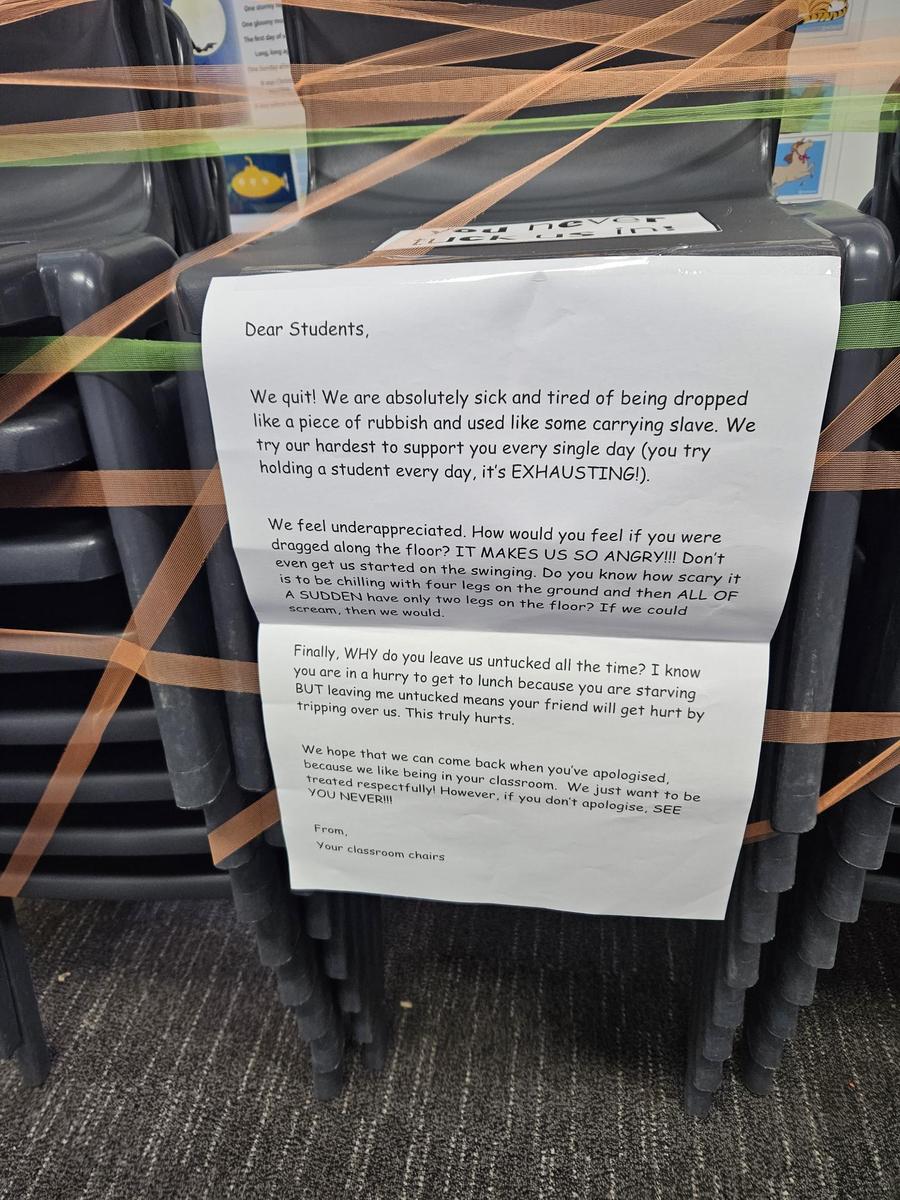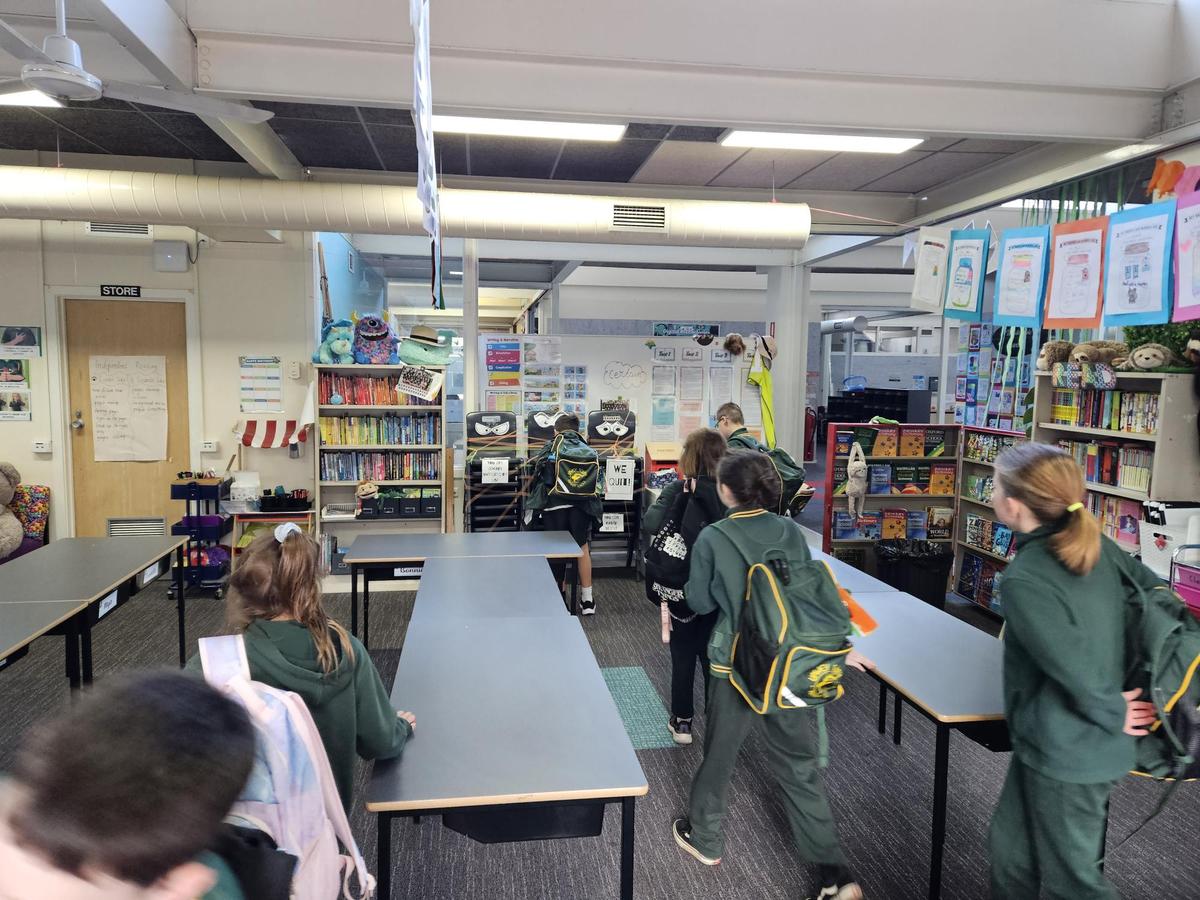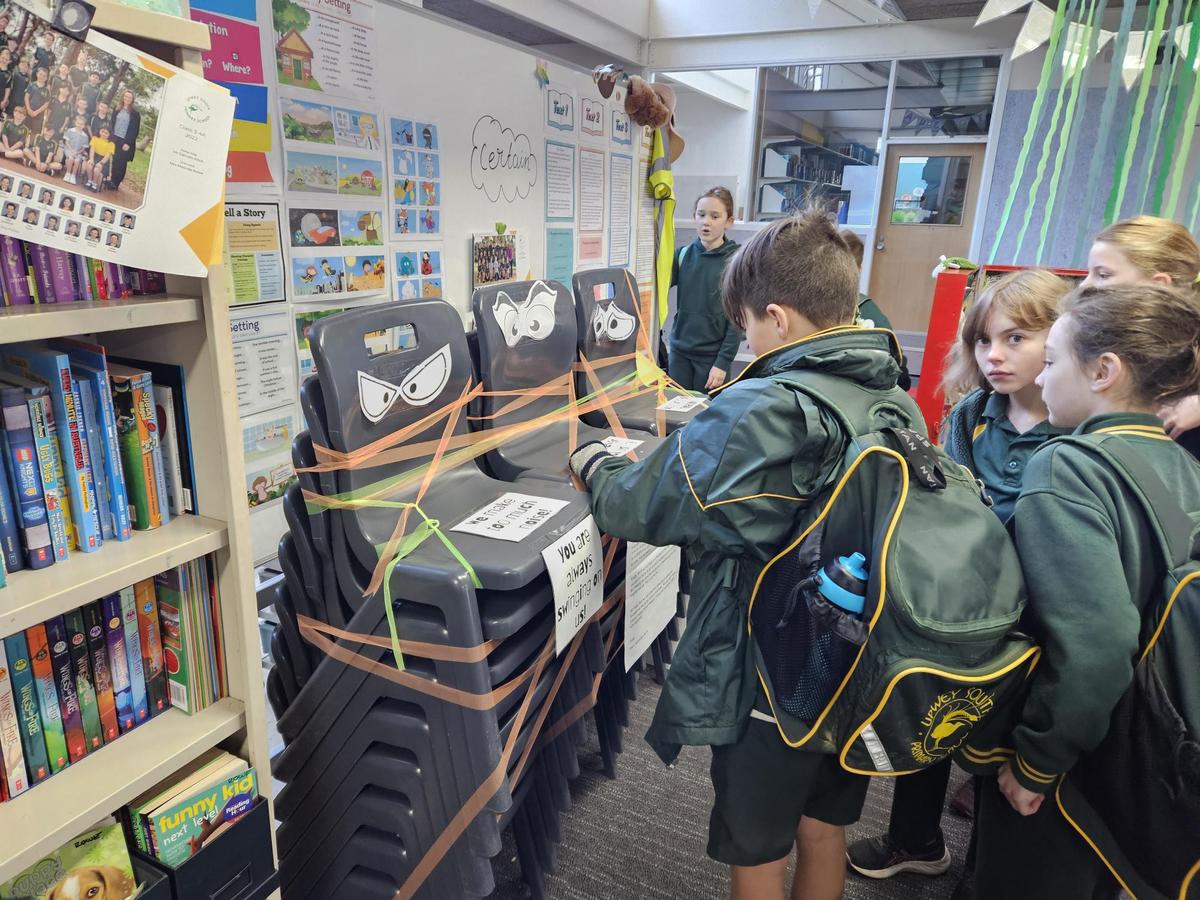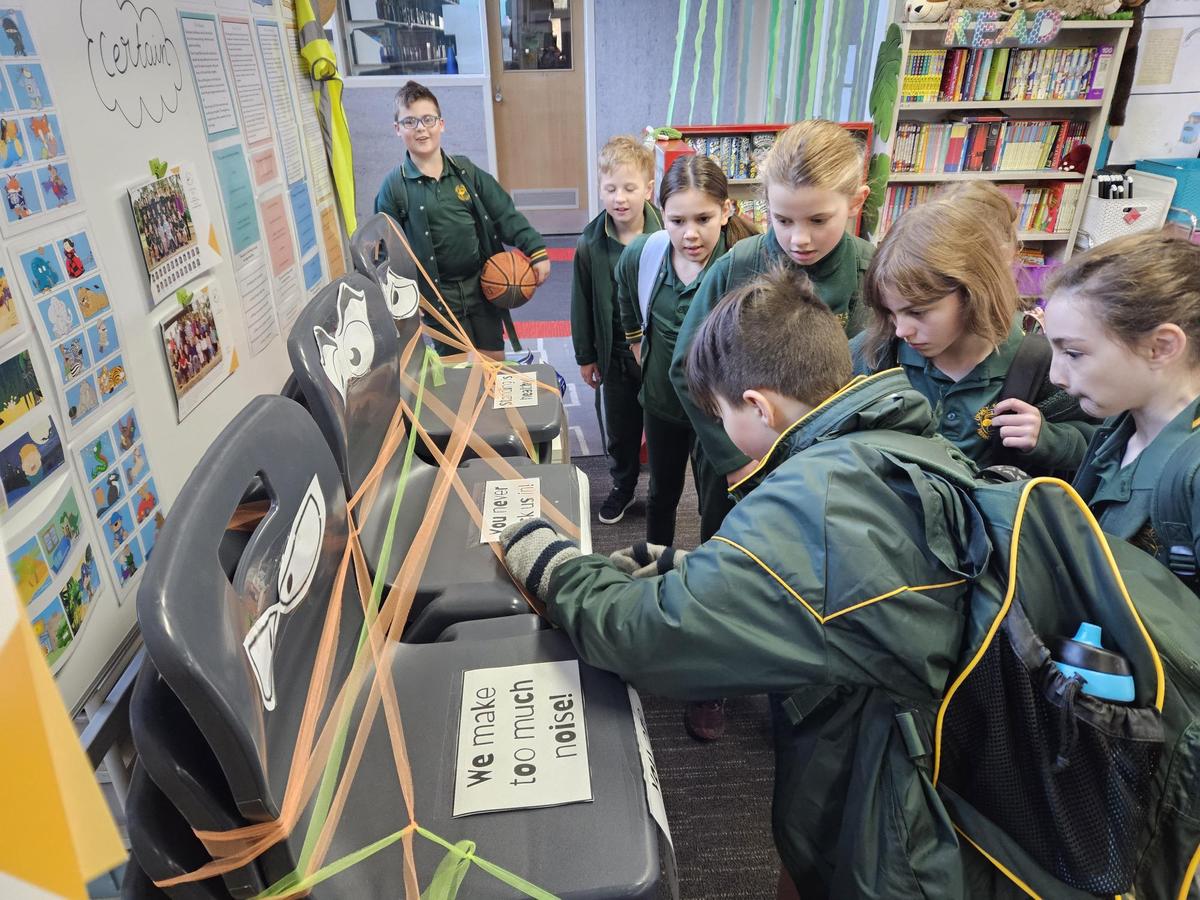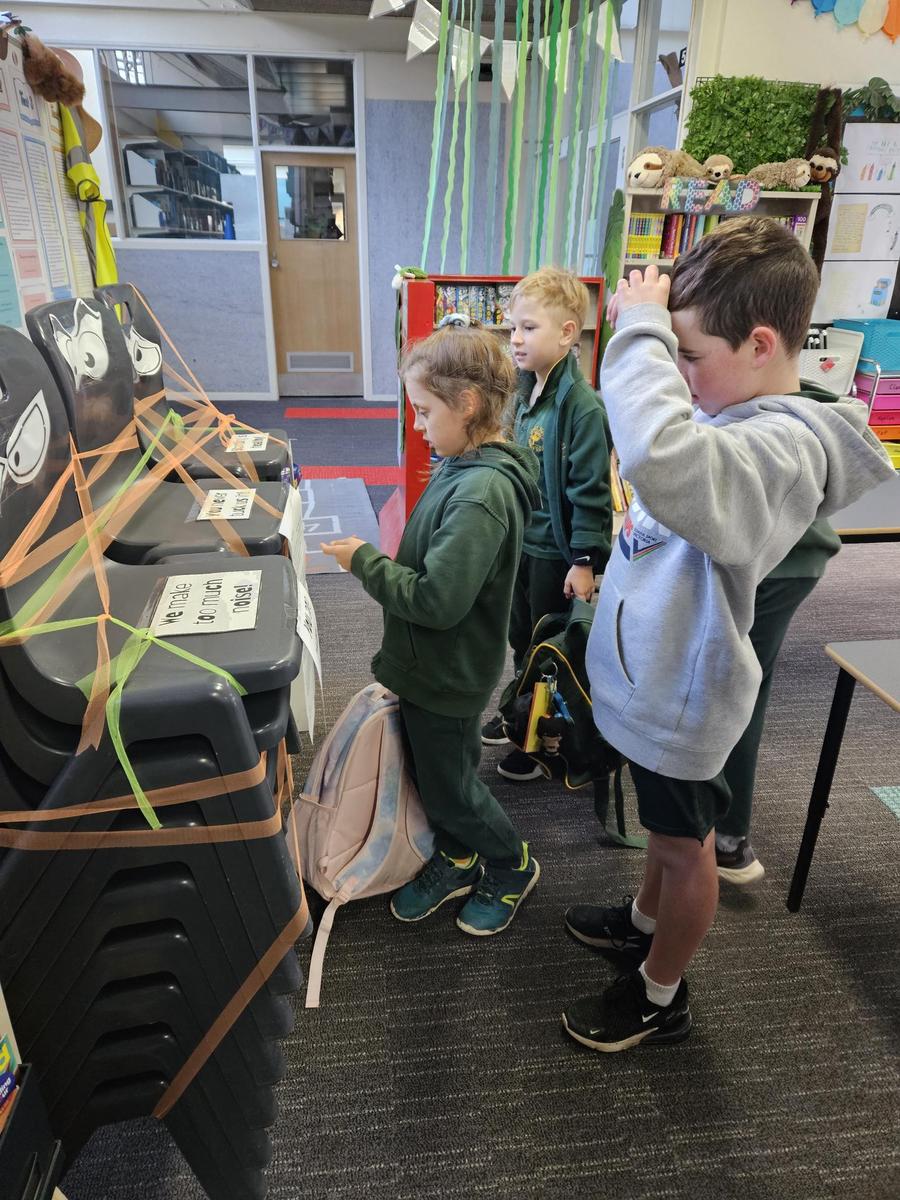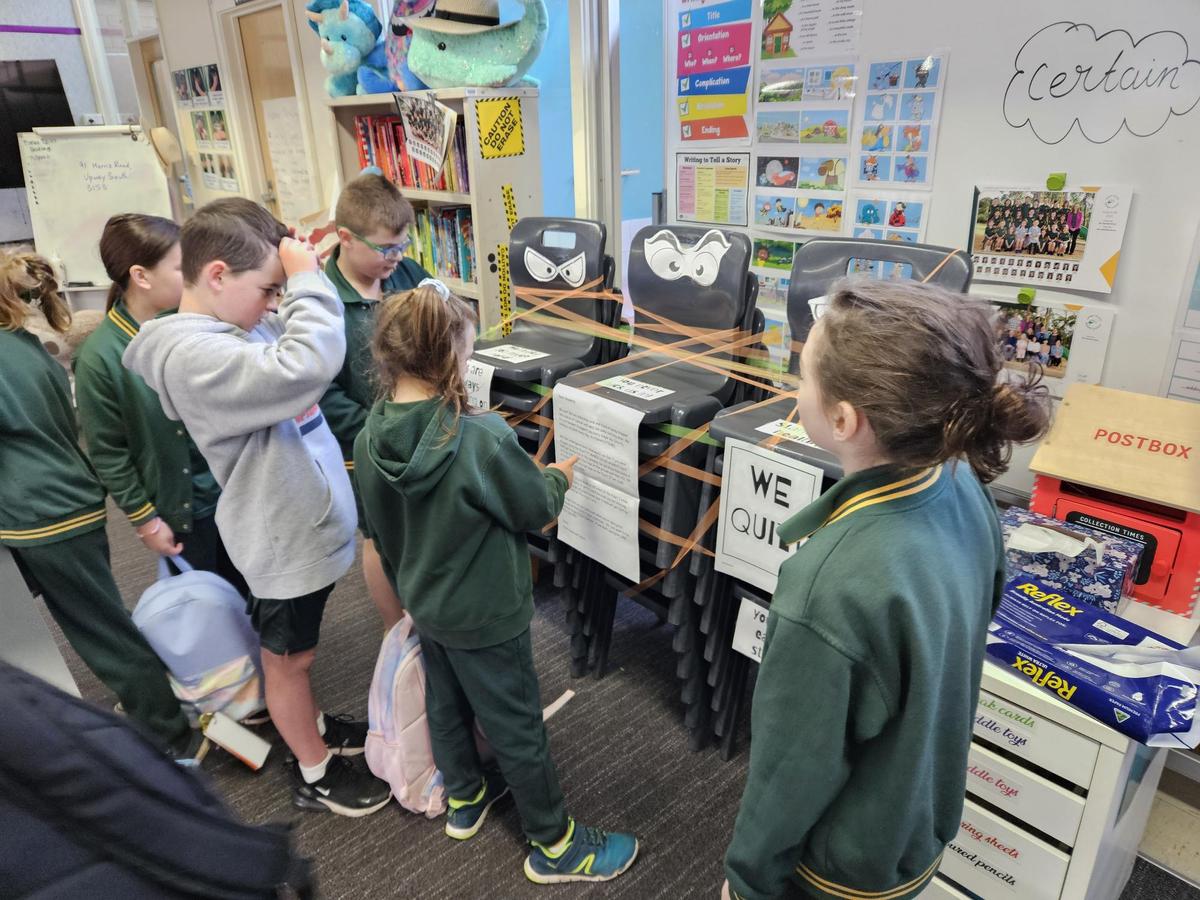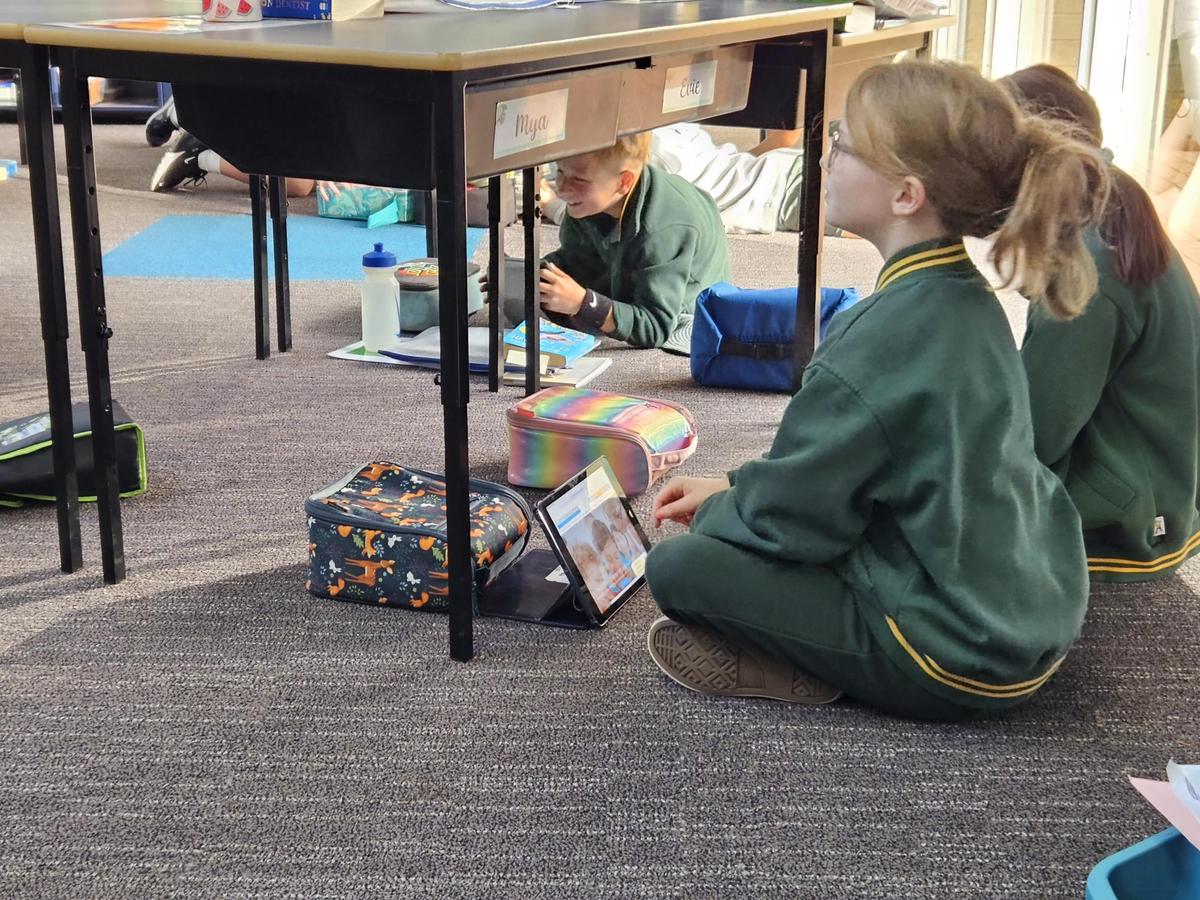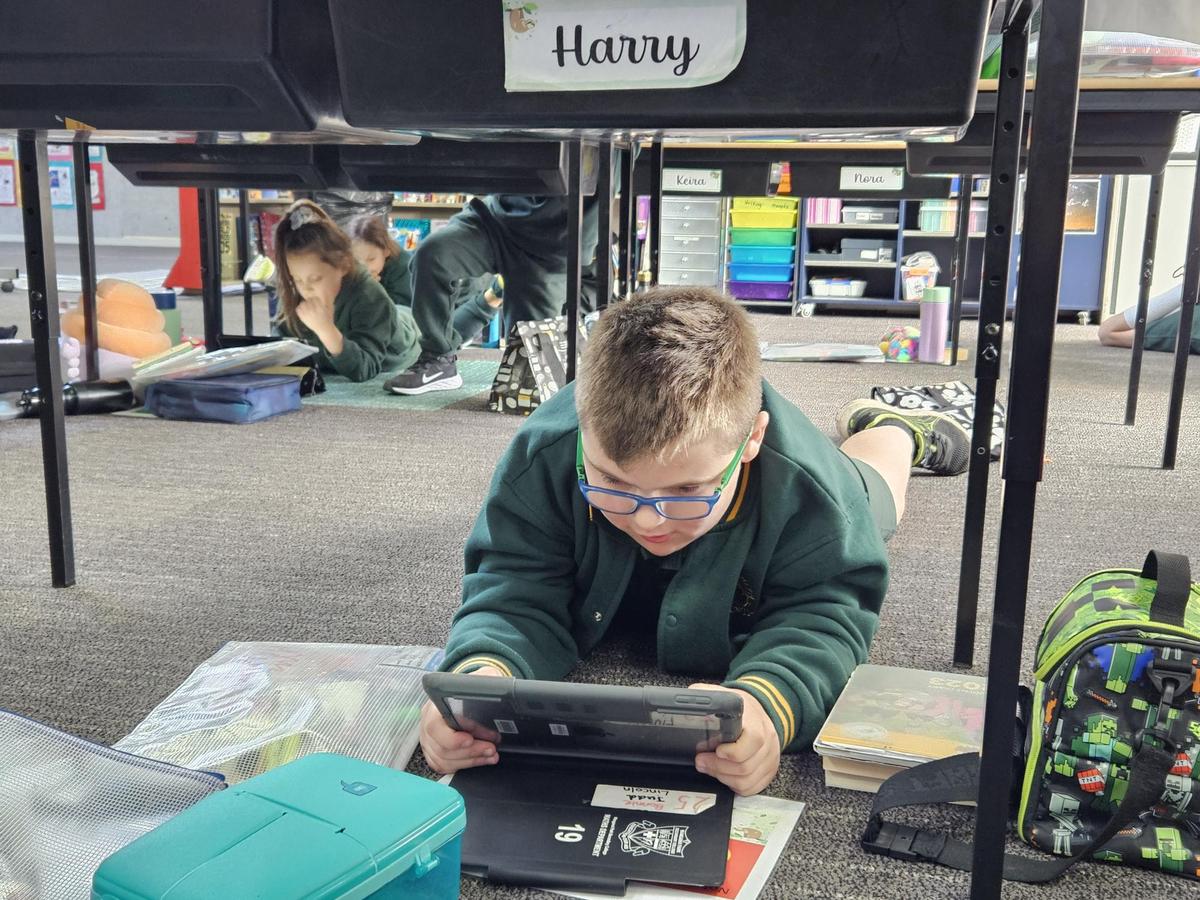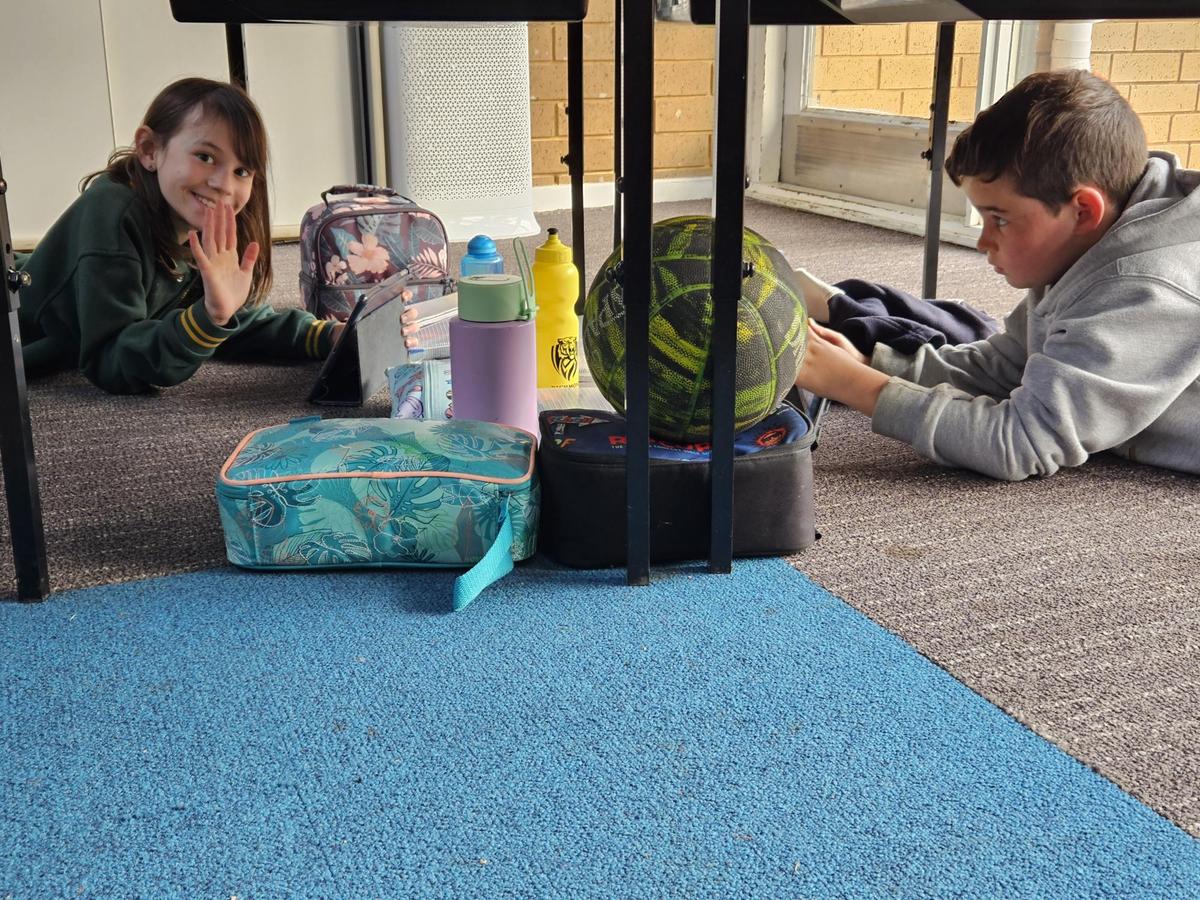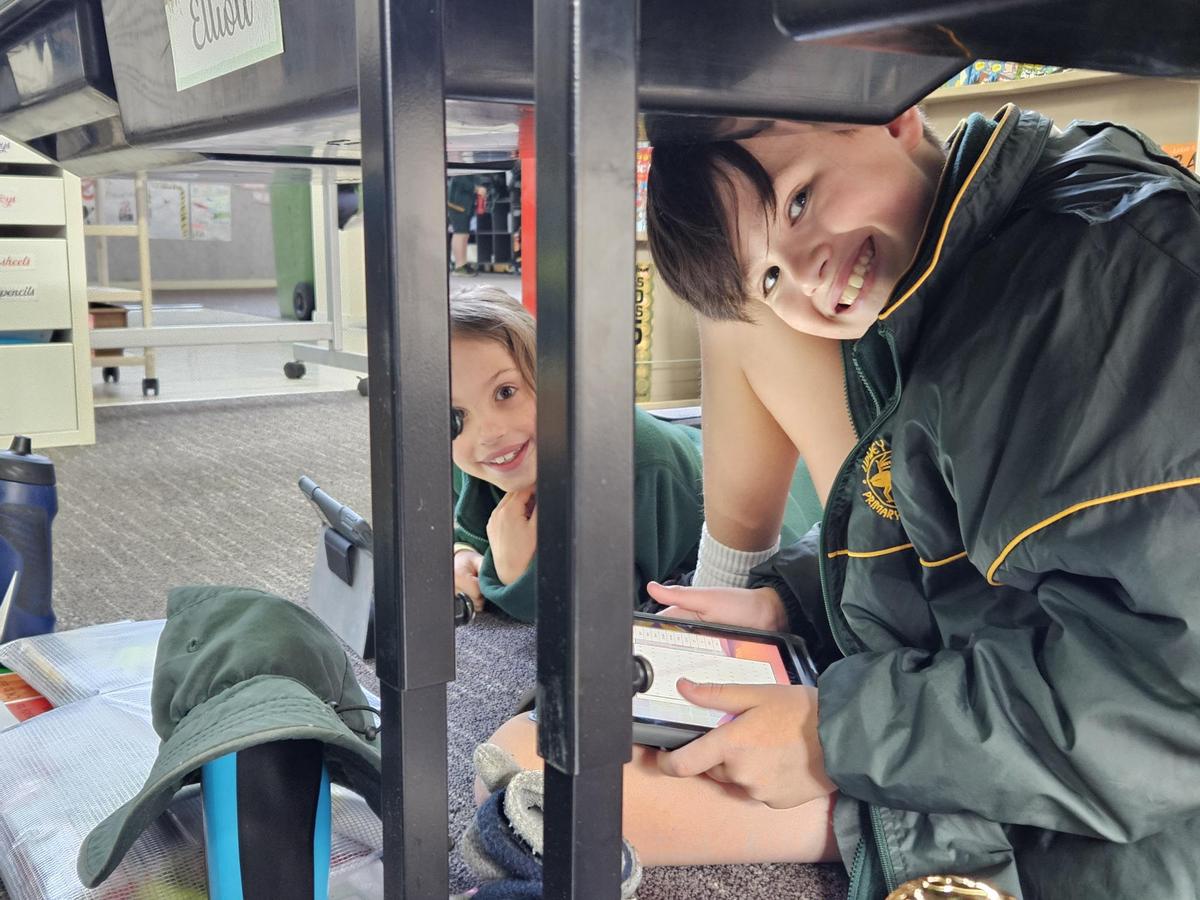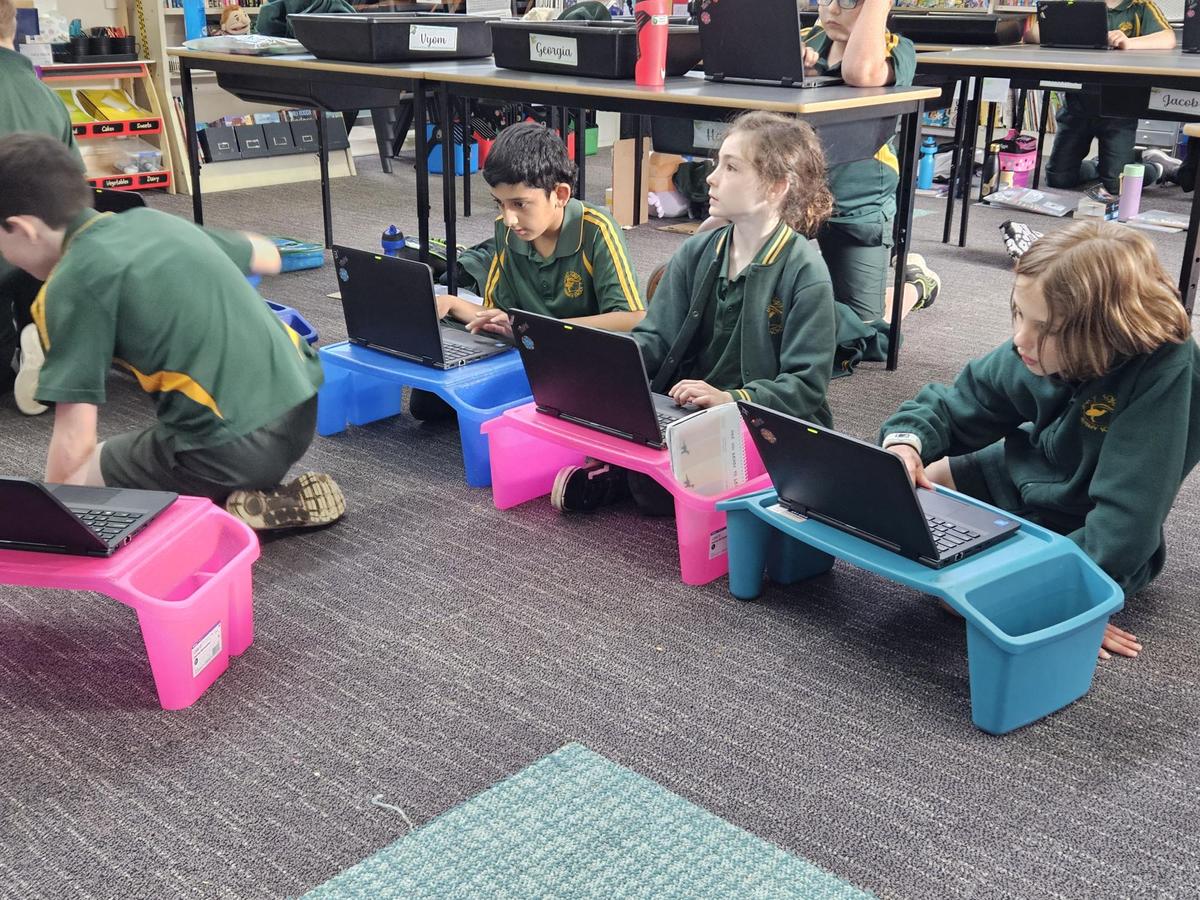Year Three/ Four

Communicating with the Year Three/Four Team
We look forward to partnering with you in 2023, and welcome your input:
Melinda Rowe (Class 34A) Melinda.Rowe@education.vic.gov.au
Lachlan Prasad (Class 34B) Lachlan.Prasad@education.vic.gov.au
Michelle Wright (Class 34C) Michelle.Wright@education.vic.gov.au
ENGLISH IN YEAR 3/4
READING
Throughout this term students have started to develop and refine many reading strategies, including making connections from the books we are reading: to self, to another text and to the world as a whole. We have also been working on making inferences, or being able to ‘read between the lines’ to get all the information out of a book, even when the author and illustrator might not explicitly tell us the information. Finally, we have also been working on the main idea of a text. Students have practised trying to identify what the main idea of a story was even when there was a lot of information that was not necessary to the main idea of that story.
We are currently taking these reading strategies and applying them to the class book that we are reading, Charlie and the chocolate factory. We aim to finish this book before the end of term so that we can watch and compare the movie to the book, looking at how the characters were represented in the movie vs the book and discussing if we feel like they did a good job bringing the character to life.
Unfortunately, reading the book has brought up a common complaint that the descriptive language in the book about the chocolate and lollies is making the students hungry.
WRITING
This term we started our Writing unit by revisiting the genre of narrative. Students chose characters, a plot, problem, complications, resolution and conclusion. They were aiming to write in paragraphs, include adjectives, write in complex sentences and then edit and publish their work.
After our brief narrative unit, we returned to persuasive writing. We looked at the purpose of persuasive writing and the various formats of this writing style. For this unit, we focused on persuasive letter writing. This started by brainstorming some ideas or changes that the students thought should be changed within the school. They expressed these changes as a point of view, came up with three reasons and supporting evidence in their letters to Mr Kitch.
Moving on in our persuasive unit, we studied the text ‘The Day the Crayons Quit’.
We explored the letters that each crayon wrote to Duncan and discussed their complaints and points of view. Students chose to write back to one of the crayons on behalf of Duncan (the child within the story) acknowledging the concerns and opinions of the crayon.
With our increased understanding of a persuasive letter, students then explored the reasons as to why their chairs had quit. They once again discussed the problem and opinion and explored reasons as to why the chairs should or should not come back.
Interestingly, quite a lot of students actually didn’t want their chairs back and they enjoyed making under table working environments.
HOMEWORK
The homework in the Year 3/4 level generally consists of daily reading, learning times tables and learning specified spelling words.
READING
We recommend that your child reads daily and records their reading into their diary. This should include the book title, author and pages read. Ideally, the child should be reading to a parent if possible as this helps with fluency, expression and comprehension.
SPELLING
When students complete progress monitioring or cumulative review spelling assessments, any words that students had trouble with, are then used as spelling words. These words will be written into your child's diary. We encourage students to practice spelling these words daily as homework.
TIMES TABLES
Students have now completed a times table assessment to check their understanding and knowledge. Students have been instructed to start learning a particular set of times tables. Your child should be learning these out of order and be able to have an automatic response when the question is asked of them. Once they are confident in knowing the set of times tables, your child will then let their teacher know they are ready to be tested. If they are able to show confidence in recalling the set of tables, they will then receive their next set of times tables to learn.
DIARIES
Please note that it is expected that your child has their diary at school every day.
SPECIALIST TIMETABLE
Please find below the times that each class are scheduled to have their specialist classes. Please note that these times are subject to change for example during swimming weeks etc.
34A
Tuesday 2:40pm: Science
Wednesday 9:40am: PE
Thursday 1:20pm: Visual Art
Friday 11am: Performing Arts
Friday 11:50am: Japanese
34B
Tuesday 2:40pm: Performing Arts
Wednesday 11am: PE
Thursday 9:40am: Visual Art
Friday 11am: Japanese
Friday 11:50am: Science
34C
Tuesday 2:40pm: Visual Art
Wednesday 11:50am: PE
Thursday 9:40am: Japanese
Friday 11am: Science
Friday 11:50am: Performing Arts
